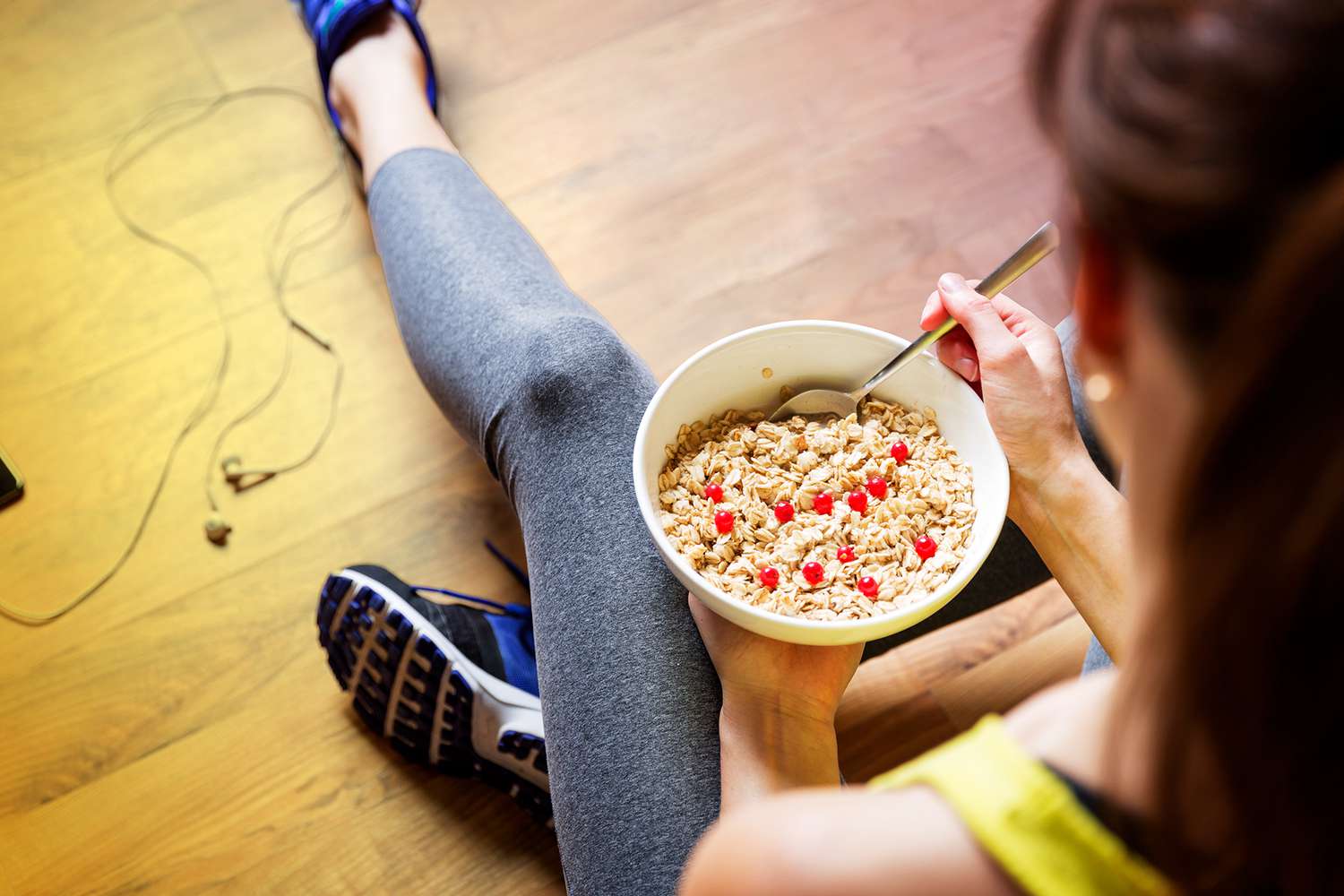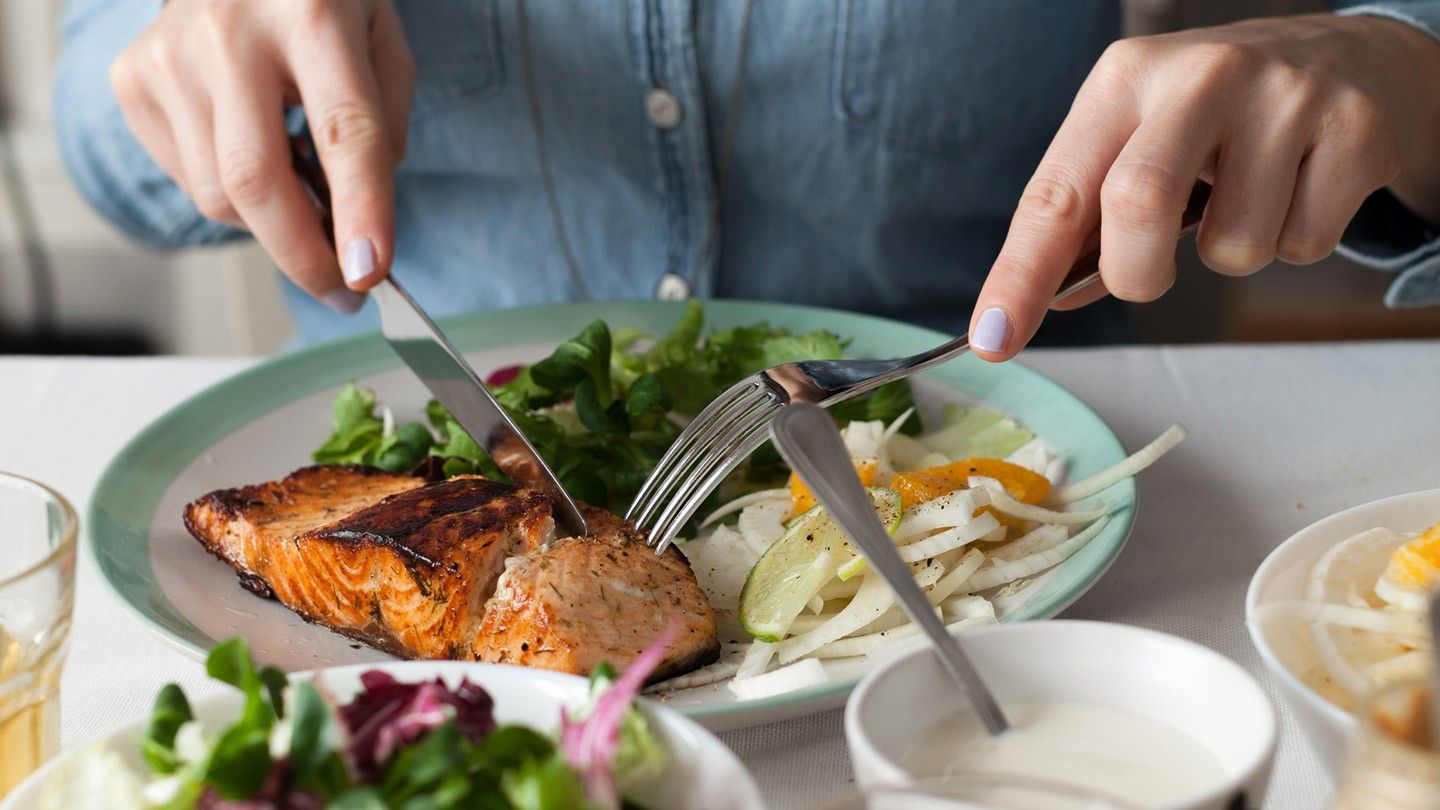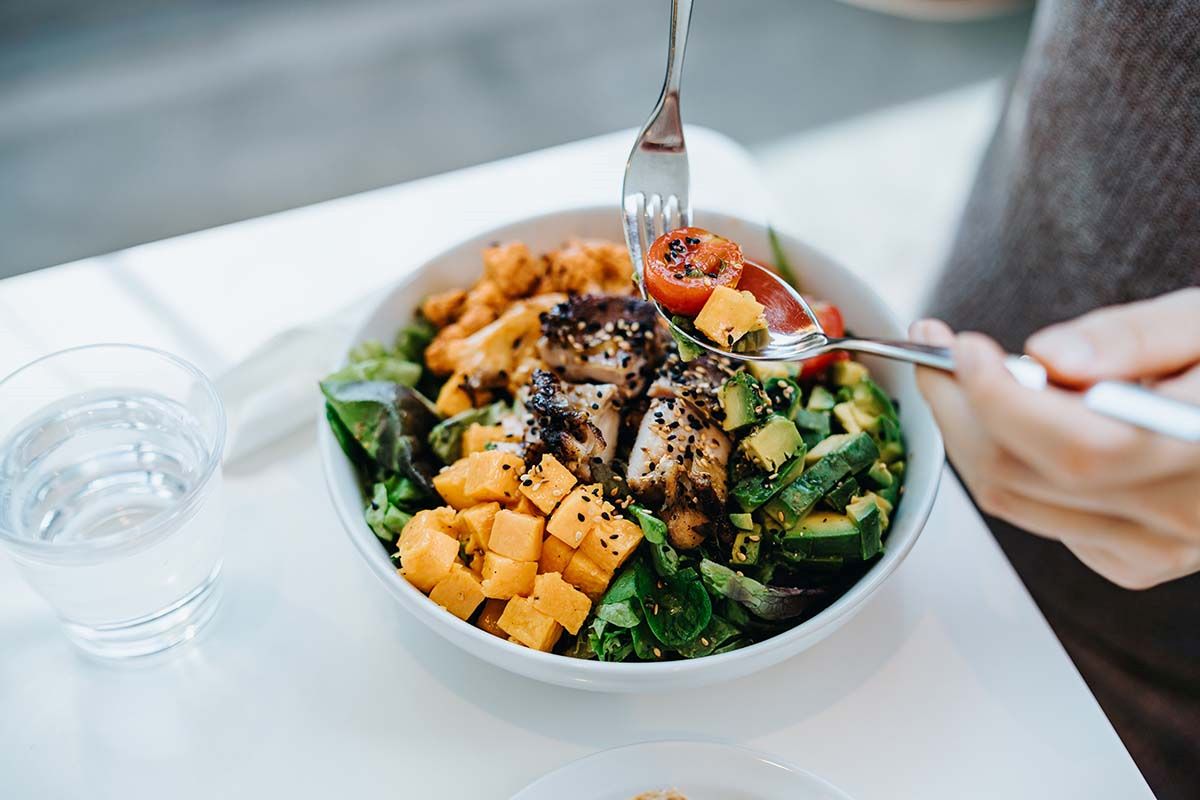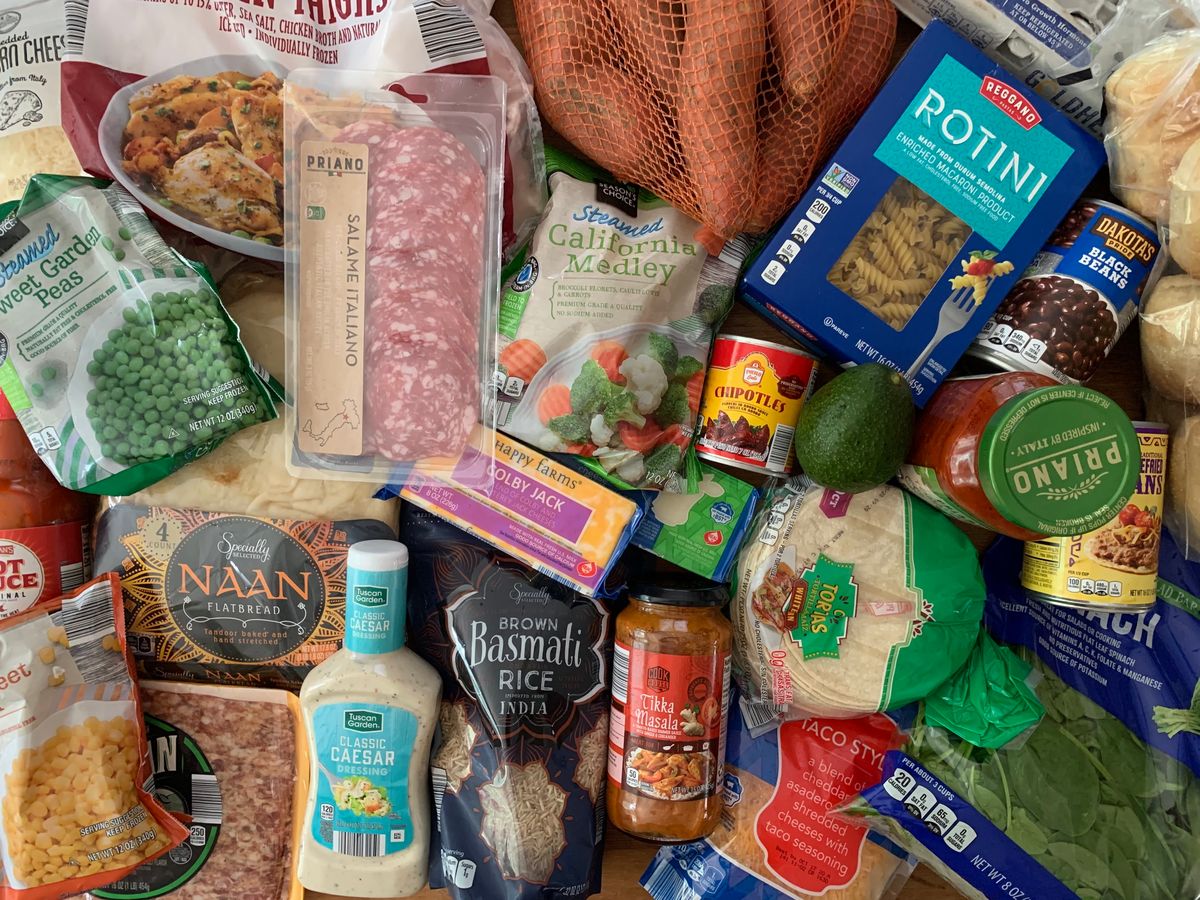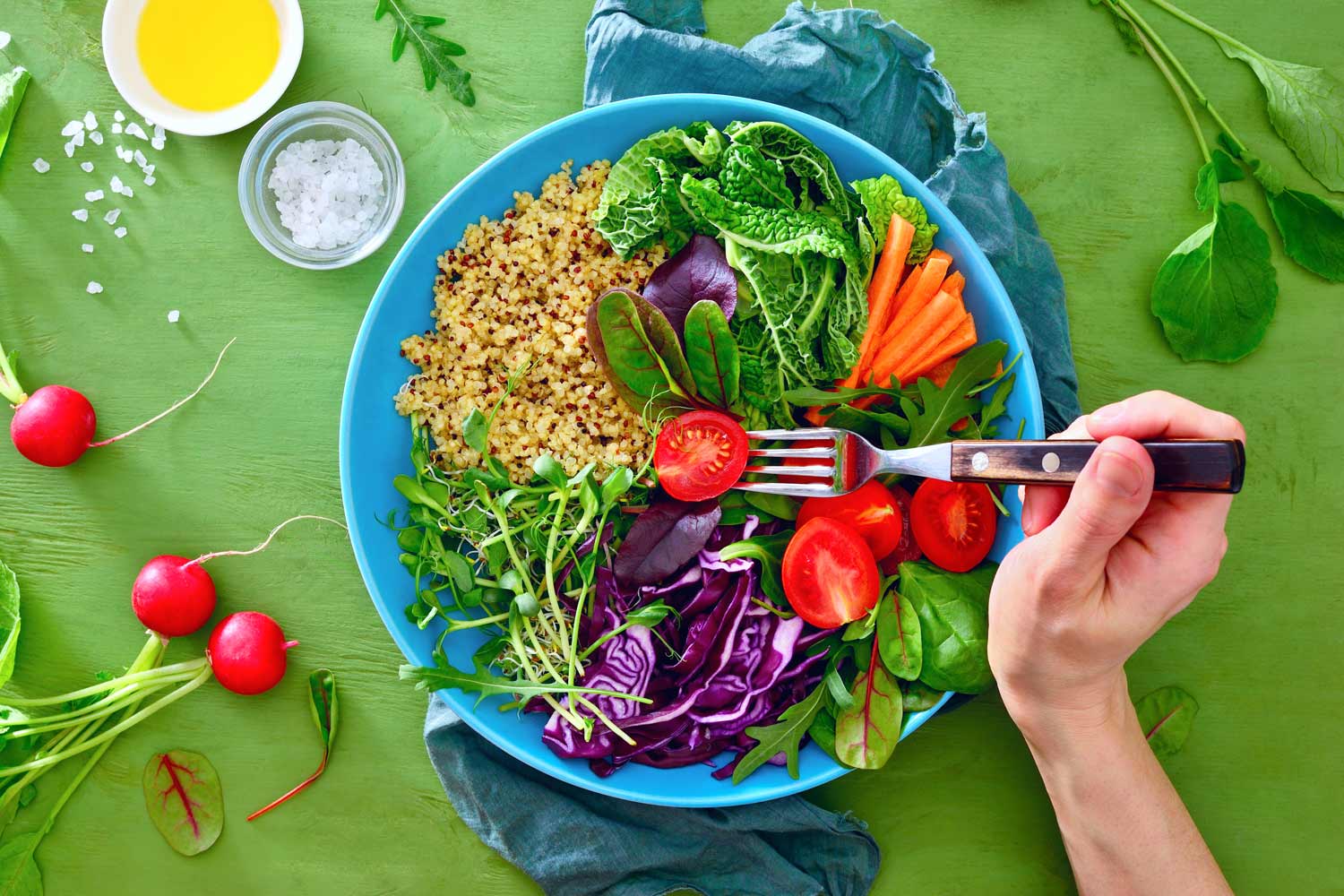How to Maintain a Healthy Diet in Prison
When it comes to maintaining a healthy diet in prison, it can be challenging to find nutritious options and make the best choices. However, with some creativity and resourcefulness, it is possible to prioritize your health and well-being even in a restricted environment. Here are some tips on how to eat healthy in prison:
1. Prioritize Whole Foods
While it may be tempting to rely on packaged and processed foods, prioritizing whole foods is essential for maintaining a healthy diet in prison. Look for options such as fresh fruits, vegetables, whole grains, and lean protein sources. These foods are rich in essential nutrients and can help support your overall health.
2. Limit Processed Foods
Processed foods, such as chips, candy, and sugary snacks, are often readily available in prison commissaries. However, these foods are typically high in added sugars, unhealthy fats, and preservatives. Limiting your intake of processed foods can help reduce the risk of chronic health conditions and support your overall well-being.
3. Stay Hydrated
Hydration is key to maintaining good health, especially in a challenging environment like prison. Aim to drink plenty of water throughout the day to stay hydrated. Avoid sugary drinks and opt for water whenever possible. Staying hydrated can help support your energy levels and overall health.
4. Get Creative with Cooking
While access to cooking facilities may be limited, getting creative with the resources available can help you prepare healthier meals. Look for ways to incorporate fresh ingredients into simple recipes. For example, you can make a salad using fresh vegetables or create a flavorful broth-based soup using available ingredients.
5. Seek Out Nutrient-Dense Options
When choosing foods from the prison cafeteria or commissary, seek out nutrient-dense options that provide essential vitamins and minerals. Opt for items such as oatmeal, yogurt, whole grain bread, and canned tuna to ensure you are getting the nutrients your body needs.
6. Practice Portion Control
Practicing portion control is important for managing your weight and supporting your overall health. Be mindful of serving sizes and avoid overeating. By controlling your portions, you can enjoy a balanced diet while avoiding excessive calorie intake.
7. Stay Informed About Nutrition
Take the time to educate yourself about nutrition and the importance of a balanced diet. Understanding the nutritional value of different foods can help you make informed choices and prioritize your health while in prison. Consider reading books or articles on nutrition to expand your knowledge.
8. Support Each Other
Building a supportive community with fellow inmates who are also interested in maintaining a healthy diet can be beneficial. Share tips, recipes, and encouragement to help each other stay on track with your health goals. By working together, you can create a positive environment that promotes wellness.
Conclusion
While eating healthy in prison may present its challenges, it is possible to make positive choices that support your well-being. By prioritizing whole foods, staying hydrated, and getting creative with cooking, you can maintain a healthy diet even in a restricted environment. Remember to seek out nutrient-dense options, practice portion control, and stay informed about nutrition to make the best choices for your health. With determination and resourcefulness, you can prioritize your well-being and maintain a healthy diet while in prison.
